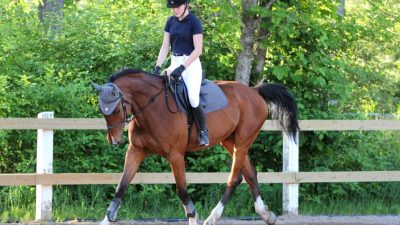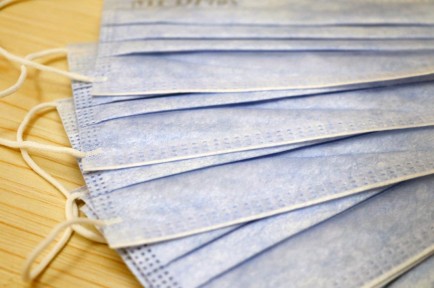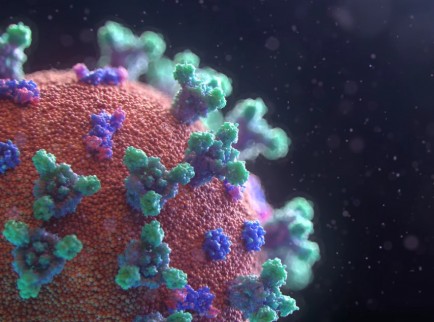Hiccups can be a big worry for many pregnant women and new moms. Why does their baby have them? Is the baby in pain during them? What can we do about it? Rest assured, most of the time the baby is not in any pain, and the mother is more bothered by the fact that the hiccups have appeared, than the baby is having them.
Hiccups before birth
Pregnant women often mention feeling their baby having hiccups while in the womb and wonder what causes this. These hiccups can start in the first trimester, but won’t be felt by mom until late in the second trimester or during the third trimester. Rarely do the hiccups bother the mother-to-be, however some moms might worry that it is hurting their baby. The exact cause of your baby’s hiccups is unknown. However, many specialists believe that your baby’s hiccups may be helping to strengthen the diaphragm muscle in order to help the baby breathe both in the womb and once they are born. In many cases your baby will have the hiccups at the same time everyday. Not only can hiccups be felt by the mom-to-be, but it can also be detected during an ultrasound and picked up on a Doppler while at the doctor’s office for a routine visit. After a woman has been assured that these hiccups are normal and are not bothering their baby, then they become something that can be looked forward to on a daily basis, much like their baby kicking.
Hiccups After Birth
If your baby had hiccups while in utero, it is very plausible that he will have the hiccups after he is born. Some babies that did not have them in utero may still have them after birth. Hiccups can start after birth as early as the day your baby is born. Like the hiccups your baby might have had in utero, these hiccups are generally not painful for your baby. Hiccups after birth occur when the diaphragm muscle contracts causing your baby to take quick short breaths. Normally these hiccups go away after only a few minutes. If they are really bothering you, try burping your baby more often during feedings. To get them to stop you can try to feed your baby whether you are nursing or bottlefeeding. The constant sucking and swallowing can help that muscle relax and help the hiccups stop.
Furthermore, Dr. Sears answers some of the baby’s hiccup habit:
Q: My 9-week-old gets the hiccups every day—sometimes even two or three times a day. What causes the hiccups, and how can I prevent my baby from getting them?
A: Hiccupping is a harmless nuisance of the digestive system that can occur at all ages—even in the womb. Hiccups are actually strong contractions or spasms of the diaphragm (the muscle that goes up and down when you take a deep breath). While seldom painful, and not usually a signal of an underlying medical problem, hiccups can be unsettling and startling for an infant. Here are some ways to ease your baby’s hiccupping:
Keep a hiccup trigger diary
What situations seem to trigger the hiccups? Do they occur during or shortly after a feeding? Hiccups associated with feeding are quite common since the diaphragm muscle lies in close relation to the stomach. If you see a relationship between feeding and hiccups, try the following preventative feeding strategies.
- Feed twice as often and half as much. Overfeeding is a common cause of hiccups. If the stomach distends too fast or becomes too full, this can trigger the diaphragm muscle to go into spasms. When breastfeeding, try slowing down feedings, and stop and burp your baby as you switch from one breast to the other. Or, if you bottle-feed, pause halfway through the bottle, burp her and then finish off the feeding a few minutes later.
- Reduce air swallowing. Besides gulping too much milk too fast, young infants typically swallow too much air during feedings, also distending the stomach. Review your latch-on techniques during breastfeeding: Be sure your baby’s lips open wide and form a tight seal around your areola, not just the nipple. Listen to your baby: You will hear a lot of gulping and air swallowing if she’s nursing too quickly and sucking in air. If bottle-feeding, tilt the bottle to a 45-degree angle so the air rises to the bottom of the bottle. Try a bottle with collapsible bag inserts—these are designed to minimize air swallowing. Lastly, be sure to sit her upright in your lap (at a 30- to 45-degree angle) while feeding, as that will help prevent air from settling in the stomach. Keep her sitting up for at least twenty minutes after a feeding to allow any air to rise the top of the stomach, which will relieve pressure on the diaphragm and enable burping.

Your baby’s hiccups will decrease in frequency and severity asboth she and her digestive system mature, so in most cases there is no need to worry, mom!




























Comments